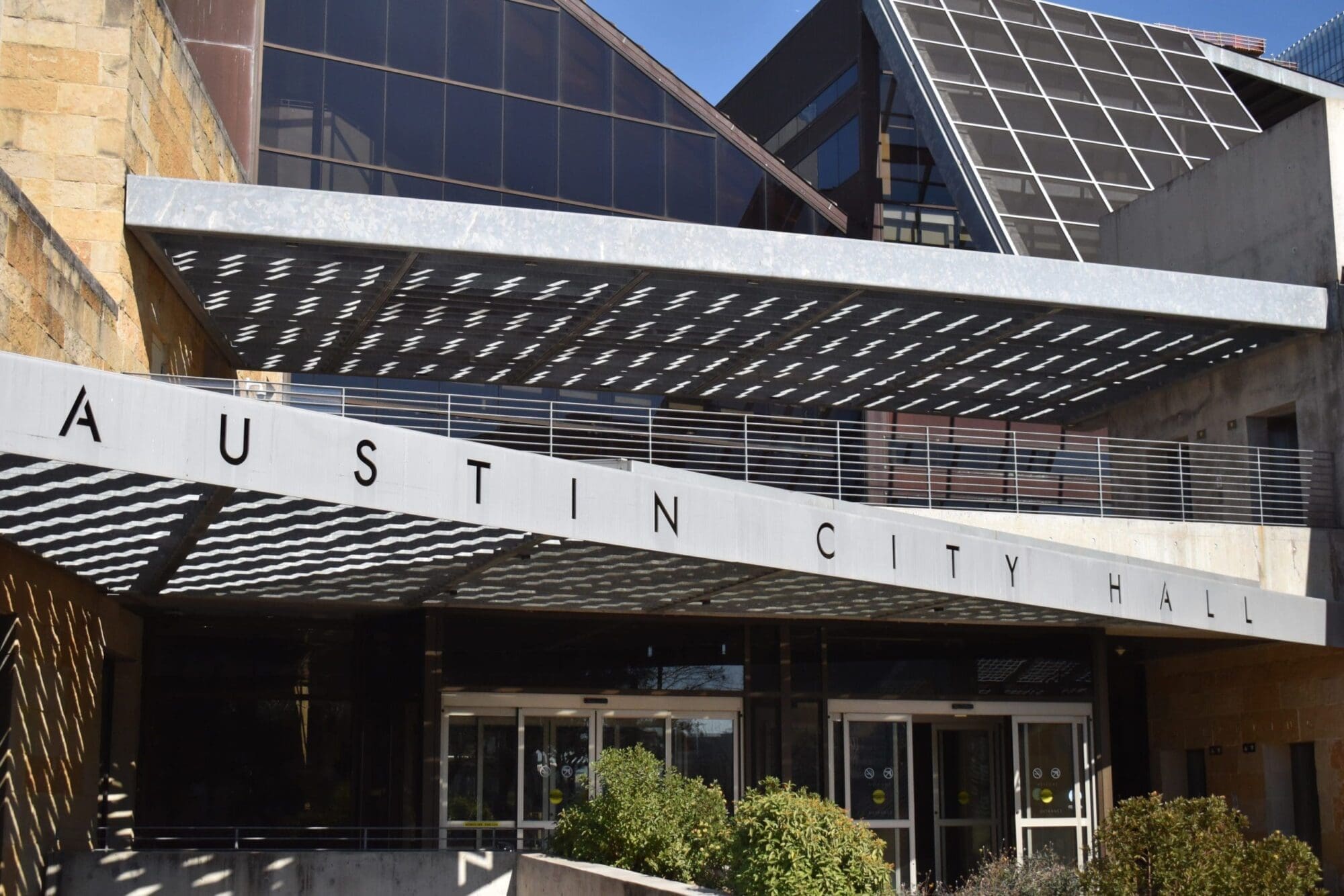On September 9, Plano City Council will adopt a property tax rate and budget for the next fiscal year beginning on October 1. The process has been mostly the same as it has been for years. The staff presented an overview of the budget, council members asked questions, projections for the short term were discussed, and so forth.
What’s different, however, is the tax rate currently being proposed by city staff.
For the first time in decades, the city’s proposed tax rate is the Effective Tax Rate. The Effective Tax Rate is the rate required to collect the same amount of property taxes (on existing properties) as in the prior fiscal year. In Plano’s case, that rate is $0.4482 per $100 of property valuation.
Residents’ actual tax bills are equal to this rate multiplied by their property’s assessed value. With the Effective Tax Rate, the average Plano homeowner will only pay $3 more in property taxes in the upcoming fiscal year (a 0.22 percent increase). In other words, residents will be paying roughly the same amount in property taxes as in the previous year.
Considering that the average homeowner has seen a 39.73 percent increase in his or her property taxes from 2013-14 to the present fiscal year of 2018-19, this is much-needed property tax relief.
The fact that the budgeting process began with the Effective Tax Rate is something to celebrate in itself. It is not a coincidence this occurred in the same year two more council members who campaigned on true property tax relief were elected, bringing the total to four out of Plano’s eight-person city council. As many have noted, elections have consequences.
Yet city staff under new City Manager Mark Israelson’s leadership also deserve recognition. Rather than proposing a rate above the Effective Tax Rate, city staff worked to create a budget that took all of this into consideration beforehand. Alternatively, the aforementioned four council members could have ended up voting against the tax rate, leading to a split 4-4 vote that would automatically force the adoption of the Effective Tax Rate. This was prudently avoided, and the end result was the creation of a budget that maintains a high quality in Plano’s core, essential public services and provides a year of property tax relief to its citizens.
The City of Plano is finally beginning to embrace fiscal policymaking that better respects the economic liberty of taxpayers. There are, however, certain things that must be kept in mind.
The budget is still growing, even though it is based on the Effective Tax Rate. This is due to the fact that new property valued at $829.8 million has been added to the tax rolls. As a result, an additional $5.5 million in property taxes will be collected (a 2.8 percent increase).
Furthermore, property taxes are not the only source of revenue for the city’s budget. There are sales taxes and many different types of fees. Most of the collected property and sales taxes in the operating budget are spent through the general fund. Total budgeted expenditures in the general fund will amount to $333.9 million, which is a 5.2 percent increase from what was budgeted in the previous fiscal year.
Plano’s online budget portal breaks down the general fund into several functional areas, which are essentially categorizations of individual department budgets. To see what the general fund and other aspects of the operating budget consist of in greater detail, readers can go to the City of Plano website to access the 2019-20 recommended budget.
It is very clear that some of the fastest-growing portions of the budget are administrative in nature. Over the last five years, Finance Administration increased 91 percent, Public Works Administration is up 176 percent, and Procurement and Project Management has increased by an astounding 211 percent. There are many reasons why this occurs. Some increases in spending are justified and others are not. As such, the issue of certain spending trends and their causal budgeting decisions still needs to be addressed.
Thus, this is not the time for citizens to grow complacent. If progress is to be made and continually built, the elected representatives serving on Plano City Council need to hear from their constituents about how important it is that they deliver long-term property tax relief. The goal should be to adopt the Effective Tax Rate whenever possible, so long as doing so does not inhibit the City of Plano from adequately performing its core functions.
As repeatedly witnessed in recent years, an engaged and well-informed citizenry can make a great difference in their local community. For now, it appears Plano is on the verge of hopefully one of many victories in the movement to forge a new standard of governance that better serves its people.
This is a commentary submitted and published with the author’s permission. If you wish to submit a commentary to Texas Scorecard, please submit your article to submission@texasscorecard.com.








